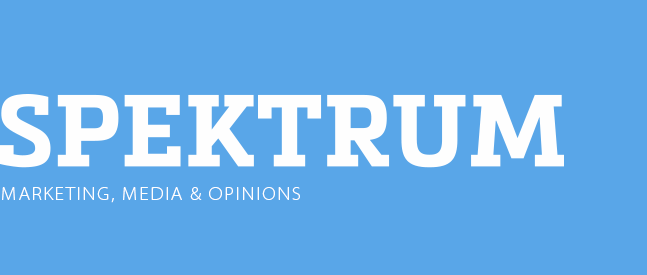
As the head of a pioneering agency, I see artificial intelligence reshaping our industry, introducing significant changes and ethical challenges, especially regarding authenticity.

The bold new frontier of artificial intelligence has the potential to reshape marketing, but it must be carefully balanced as it also poses a threat to public trust and democratic processes
Artificial intelligence’s (AI’s) capacity to parse vast data sets has revolutionized how we understand consumer behavior. This year, we will be leveraging AI-driven personalization to offer uniquely tailored customer experiences. However, the saturation of AI-generated content has raised crucial questions about authenticity.
In an era where AI can create convincing content, the line between real and artificial becomes blurred. An image of the pope wearing a puffer jacket on social media was viewed millions of times and liked hundreds of thousands of times. What makes it so impressive is how convincing the image is. The AI image doesn’t have any obvious markers that it was made by an AI photo generator. The AI image displayed a hyperreal aesthetic that fooled many. Despite telltale signs of AI creation, such as smeared details, the image of the Pope in swaggy style spread like wildfire on social media platforms. It was one of the first cases of widespread misinformation, highlighting the power and potential dangers of this technology.
This is the internet challenge of 2024: How do we tell the real from the AI? The generative-AI product flood will continue, but also expect more tools to help us pinpoint artificially generated text, photos, video, and audio.
The Adobe-led Content Authenticity Initiative, which provides technology to embed information about the origin of an image or video into the file, will grow in importance, as will the role of software developers in this field. Features identifying whether an image is created by an AI-image generator will become standard, and rightly so. Detecting and automatically labeling AI-generated content will be paramount in the fight for realism.

During the 2024 US presidential elections, the challenge of bridging technology and public trust will reach a new level
Just consider the political dangers looming ahead with the 2024 US presidential elections in November. The political domain has seen significant influence from AI, particularly in media creation. While this opens up new avenues for campaign strategies, it also demands ethical considerations. Misuse of AI in political marketing can undermine democratic processes and public trust.
Microsoft has said it will launch a tool for political candidates and campaigns that allows them to add credentials to media so people will know how it was created or edited. At some point, we might just regard content without credentials as suspicious.
Our journey into the AI-dominated era comes with an ethical mandate. We must not only adopt AI technologies but also address the ethical implications of their use, ensuring our practices align with principles of integrity and social responsibility.
As marketers, our commitment to authenticity isn’t just about maintaining brand integrity; it’s about fostering trust. Deceiving clients with indiscernible AI-generated content could erode this trust, undermining long-term relationships and brand reputation. Hence, transparency in AI-generated content is not just a good practice, it’s a necessity.
As we navigate 2024, the fusion of AI and marketing presents exciting opportunities balanced with significant responsibilities. Upholding principles of authenticity, ethics, and trust will be pivotal in harnessing the power of AI while maintaining the integrity of our industry and society.